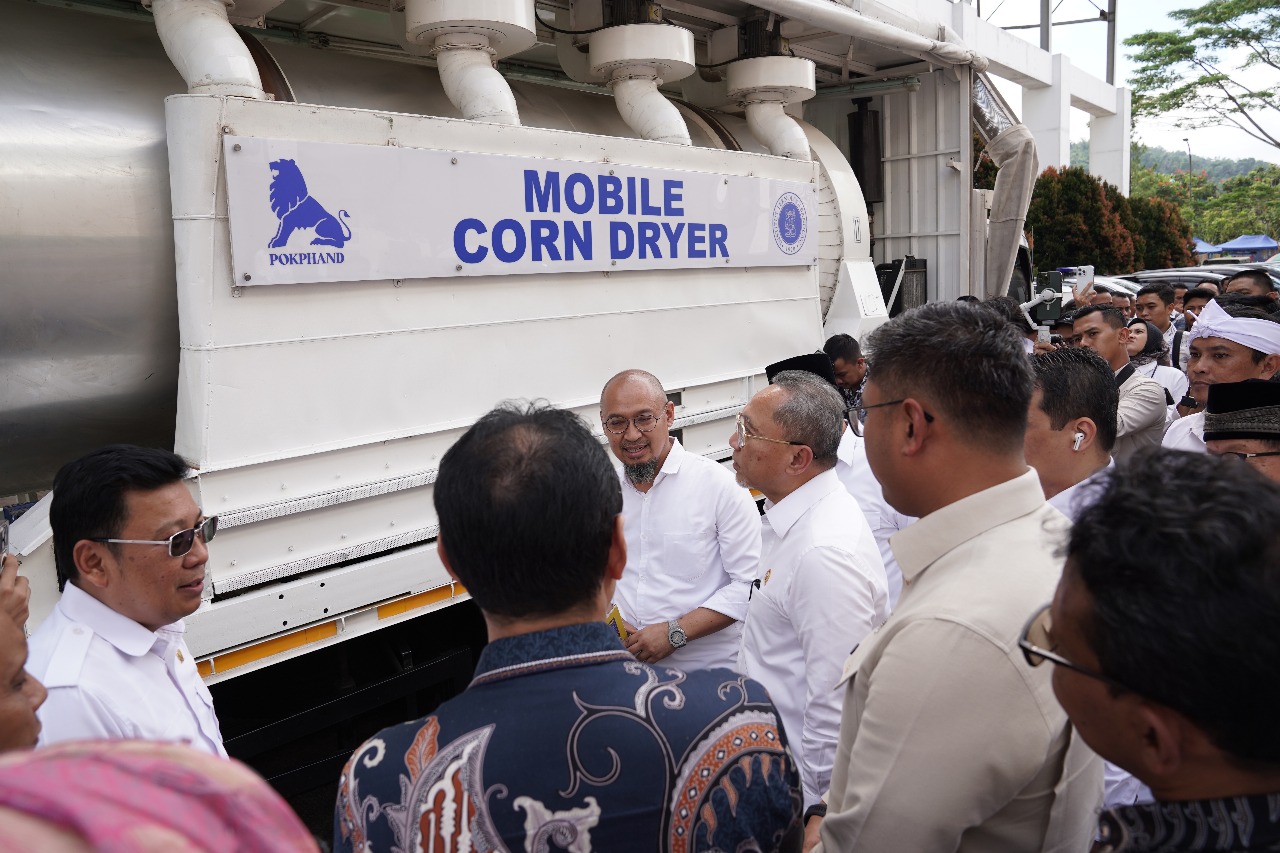The Big Picture of ITB Astronomy Study Program
By Abdiel Jeremi W
Editor Abdiel Jeremi W

BANDUNG, itb.ac.id – ITB is a home to education in science, technology, arts and business. Among various discipline at ITB, there is a discipline that attracts many attentions, the Astronomy Program. The Program that was established in 1951 has been working and educating the society under the Faculty of Mathematics and Natural Sciences (FMIPA). Some of the alumni are Dr. Hanindyo Kuncarayakti at University of Chile, Dr. Tri Laksmana Astraatmadja at Max Planck Institute for Astronomy (MPIA) germany, and Premana W. Premadi, Ph. D. whose name is recently assigned as an asteroid.
Those alumni must have passed the education process in Astronomy Program at least at the bachelor program at ITB. The program opens three degree programs, namely the bachelor, master, and doctor programs. All of these programs have been accredited by BAN-PT with A accreditation. Moreover, the bachelor program is one of eleven programs at ITB that has been accredited internationally by ASIIN. It also remains as the only Astronomy Program in South East Asia. According to data by Kemenristek Dikti, currently there are 81 students and 19 lecturers in every degree at ITB Astronomy Study Program.
 As an Internationally standard study program, Astronomy ITB is provided with supportive facilities, such as the library on the 6th floor of Center for Advanced Science (CAS) building, student discussion room, Air conditioned lecture rooms, internet connection, computation laboratory, and Bosscha Observatory. These facilities ensure favorable academic atmosphere. Currently, Astronomy program is located on the 6th floor of CAS building. On the 7th floor of the building, telescope and telescope house are currently developed to facilitate observation activity.
As an Internationally standard study program, Astronomy ITB is provided with supportive facilities, such as the library on the 6th floor of Center for Advanced Science (CAS) building, student discussion room, Air conditioned lecture rooms, internet connection, computation laboratory, and Bosscha Observatory. These facilities ensure favorable academic atmosphere. Currently, Astronomy program is located on the 6th floor of CAS building. On the 7th floor of the building, telescope and telescope house are currently developed to facilitate observation activity.
A Heritage for the Future Bosscha Observatory is a unique facility emploed by the academics of Astronomy Program ITB. The observatory complex was built by Nederlandsch-Indische Sterrekundige Vereeniging/NISV (Society of Sutch-Indies Astronomers) in the early 1920s to facilitate astronomical observation from southern part of the Earth. Karel Albert Rudolph Bosscha and Ursone were two businessmen that became the main funding sources. They granted the rights of their lands to NISV. Moreover, K. A. R. Bosscha also provided Zeiss double refractor and Bamberg refractor telescopes. For his services, the observatory was named after K. A. R. Bosscha. In 1951, NISV donated Bosscha Observatory to the government of Indonesia, and has been a part of ITB since ITB’s establishment in 1959. 1951 is historic also because Astronomy Program was officially announced with the inauguration of Prof. Dr. Gale Bruno van Albada as the professor.
Bosscha Observatory is a unique facility emploed by the academics of Astronomy Program ITB. The observatory complex was built by Nederlandsch-Indische Sterrekundige Vereeniging/NISV (Society of Sutch-Indies Astronomers) in the early 1920s to facilitate astronomical observation from southern part of the Earth. Karel Albert Rudolph Bosscha and Ursone were two businessmen that became the main funding sources. They granted the rights of their lands to NISV. Moreover, K. A. R. Bosscha also provided Zeiss double refractor and Bamberg refractor telescopes. For his services, the observatory was named after K. A. R. Bosscha. In 1951, NISV donated Bosscha Observatory to the government of Indonesia, and has been a part of ITB since ITB’s establishment in 1959. 1951 is historic also because Astronomy Program was officially announced with the inauguration of Prof. Dr. Gale Bruno van Albada as the professor.
 Now, Bosscha Observatory serves various purposes. Aside from being a heritage and learning facility for public, Bosscha also becomes astronomical observation complex with various telescopes for various observation purposes. Several subjects in Bachelor Degree of Astronomy require the students to conduct observation there. The observation conducted around photometric method, astrometry, and spectroscopy. This astronomic practice trains the students to be attentive in planning effective, efficient and scientific observation. Moreover, practicing in Bosscha will enhance communication skills and cooperation among students.
Now, Bosscha Observatory serves various purposes. Aside from being a heritage and learning facility for public, Bosscha also becomes astronomical observation complex with various telescopes for various observation purposes. Several subjects in Bachelor Degree of Astronomy require the students to conduct observation there. The observation conducted around photometric method, astrometry, and spectroscopy. This astronomic practice trains the students to be attentive in planning effective, efficient and scientific observation. Moreover, practicing in Bosscha will enhance communication skills and cooperation among students.
The Astronomy Program of ITB and Indonesia
With strong cultural and traditional background, Indonesia is pretty familiar with astronomy and astrology education. However, astronomy at higher education is scientific. Every astronomy phenomenon studied in Astronomy ITB is explained rationally and scientifically. This process shapes analytic mindset, scientific based logic flow, and participants’ ideas conveying skill. A student of Astronomy ITB is educated to have thorough knowledge in physics, chemistry, and mathematics to understand the natural phenomenon in extreme ranges, such as the formation reaction of helium from hydrogen through fusion in the core of the Sun in extremely high temperature. Physics, chemistry, and mathematics are the devices astronomers use to comprehend phenomena in solar systems, stars, galaxies, and the Universe.

Documentation sources:
• Personal documentation
• himastron.as.itb.ac.id
• bosscha.itb.ac.id
• www.as.itb.ac.id

.jpg)
.jpg)
.png)
.jpg)
.jpg)


